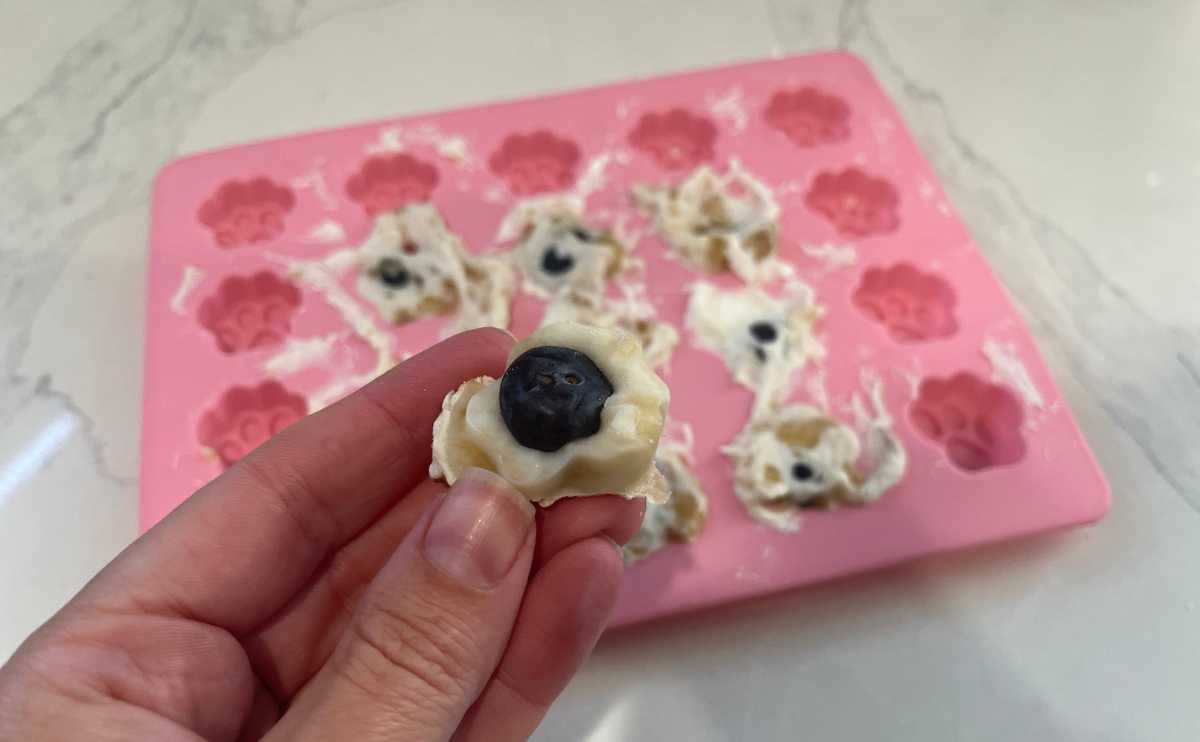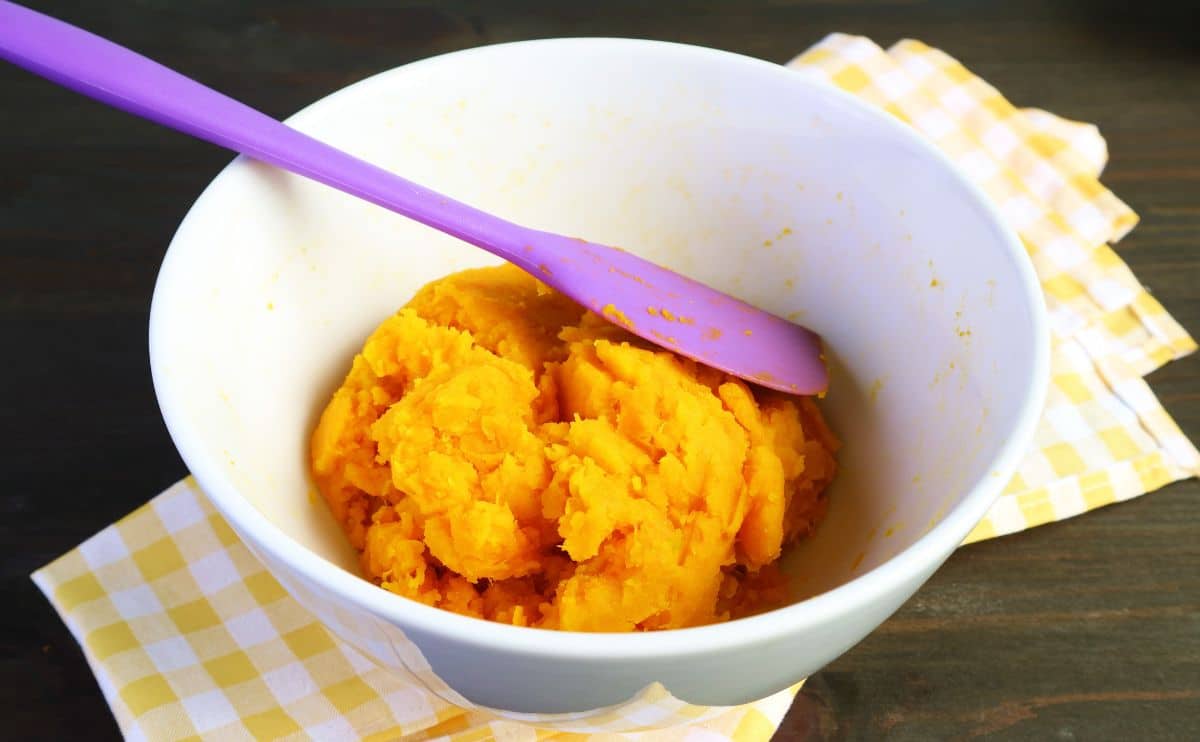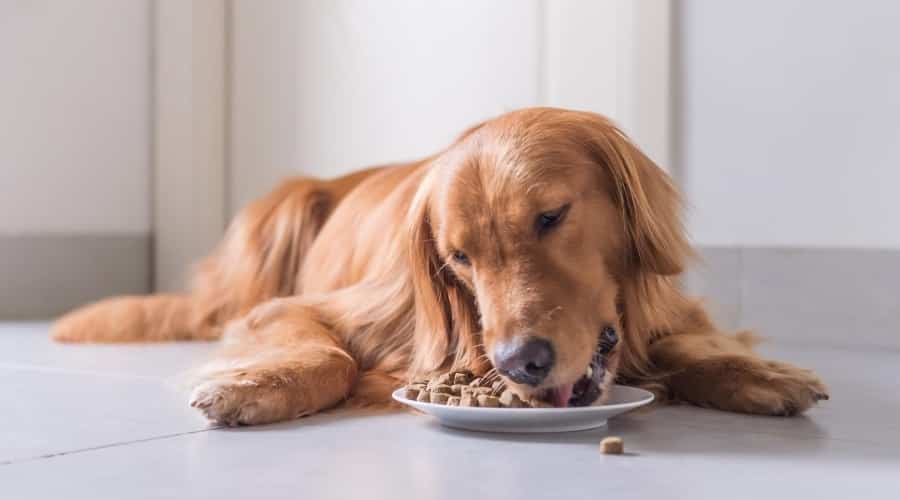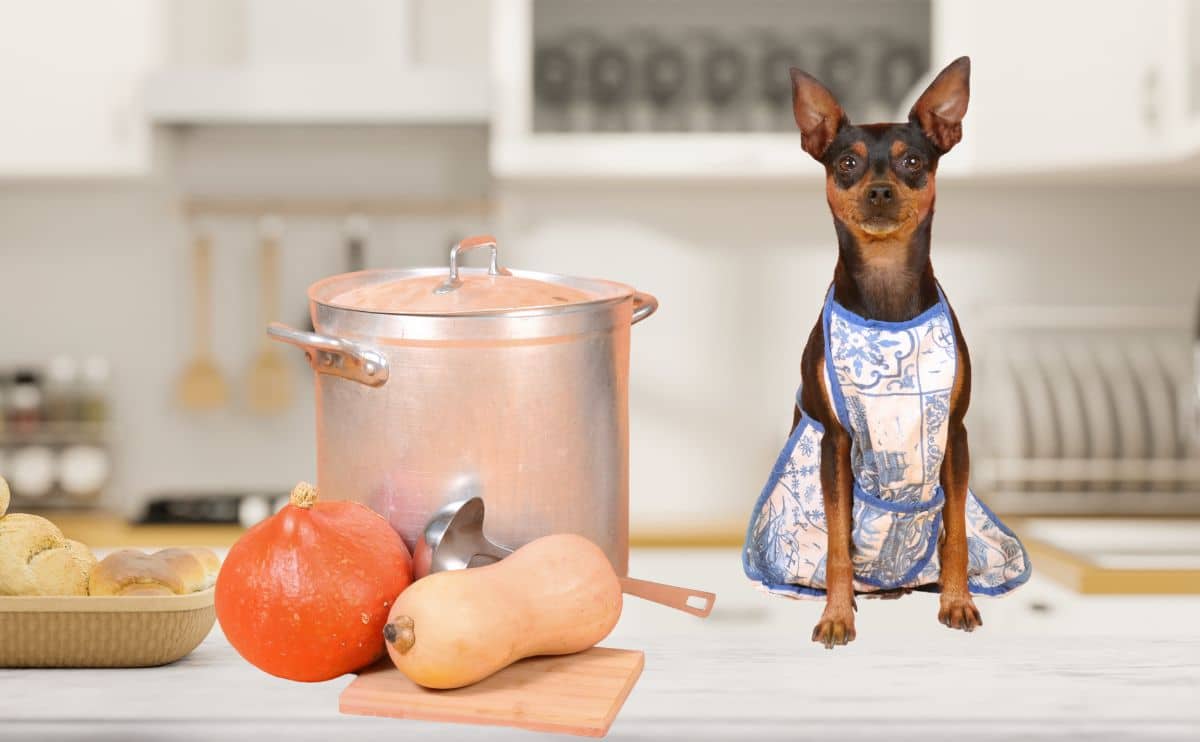Can Dogs Eat Pistachios? Are Pistachios Bad For Dogs?
When you purchase through links on our site, we may earn a commission. Here’s how it works.

Packed with antioxidants, anti-inflammatory compounds, vitamins, and minerals, pistachios are a popular and super healthy snack for people. Are they a healthy addition to your furry friend’s diet? Can dogs eat pistachios?
Table of Contents
Unfortunately, these sweet tree nuts (side note: they’re technically seeds) have several potential problems that can make them a poor treat option. Pistachios are often unsafe to feed dogs. Be sure to learn all about dogs and pistachios before sharing them with your canine companion.
Can Dogs Eat Pistachios?
While pistachios aren’t toxic to dogs and have multiple health benefits, the risks of feeding your pup pistachios can outweigh the benefits. Many veterinarians advise against giving your furry friend pistachios. However, if your puppo eats one or two that have fallen on the floor, there’s usually nothing to worry about.
Why Are Pistachios Bad For Dogs?
Before you give your dog pistachios or any new human food, it’s a good idea to check with your veterinarian first because even a few pistachios can be unhealthy for some dogs. Pet experts also have the following concerns regarding pistachios.
High-Fat Content
According to the American Society for the Prevention of Cruelty to Animals (ASPCA), pistachios contain high amounts of fats and oils, which can cause vomiting, diarrhea, and other health problems for our canine companions. If given too frequently or in large amounts, the high-fat content in pistachios can cause pancreatitis and weight gain. They’re entirely off-limits for overweight or obese dogs and dogs with diabetes or chronic pancreatitis.
Choking Hazard
Pistachios, particularly the shells, can pose a choking hazard for our furry friends. As you know all too well, our dogs tend to gulp things down without chewing. So whole nuts or shells can become lodged in your pup’s throat. In addition to a choking risk, pistachios, with or without the shell, can cause intestinal blockage, a serious problem that often requires expensive veterinary treatment.
Potential For Mold Toxicity
Because pistachio shells split open at maturity, they’re highly susceptible to the growth of Aspergillus flavus, a fungus (mold) that produces a harmful substance called aflatoxins. These toxins can be present on pistachios even if you can’t spot any visible signs of mold. According to the U.S. Food and Drug Administration (FDA), high levels of aflatoxins can cause illness, liver damage, and even death in pets. For our pups, eating a lot of contaminated pistachios, either all at once or over time, can cause aflatoxin poisoning.
Symptoms of aflatoxin poisoning include:
- Loss of appetite
- Lethargy
- Vomiting and/or diarrhea
- Jaundice (a yellowish tint to the eyes, gums, or skin due to liver damage)
Allergic Reactions
Pistachios (and cashews) are related to the poison ivy plant and contain a natural oil called urushiol, which gets absorbed quickly in the skin. Eating pistachios may cause an allergic reaction in some dogs, particularly around the mouth and face.
Salt And Seasonings
Most commercial pistachios are roasted and salted. Too much salt is extremely unhealthy for dogs and can cause dehydration and even sodium ion poisoning (although your pup would have to consume a whole bag of pistachios to develop salt poisoning). Any added salt for dogs with hypertension, heart disease, or kidney disease can be unsafe.
Also, never give your pup chili-seasoned pistachios. Chili powder alone isn’t toxic to dogs, but most chili-roasted pistachios contain either garlic or onion powder (or both). All spices from the Allium plant family (onions, garlic, scallions, etc.) are toxic to dogs. Eating pistachios coated in garlic or onion powder can cause oxidative damage to dogs’ red blood cells, leading to hemolytic anemia in dogs. While not all seasoned peanuts are toxic to dogs, it’s best to avoid them altogether.
How Can I Safely Feed My Dog Pistachios?
With your veterinarian’s okay, you can share certain pistachios with your puppo. However, there are a few rules to follow. Be sure to give your pup only plain, unsalted, and unseasoned pistachios. You must remove the shells and chop them up or crush them to avoid choking. It’s also important to remember that they should only be an occasional treat (once every few days at the least). How many pistachios can a dog have? Small dogs can have one pistachio, medium dogs can have two or three, and large dogs can have four or five.
What Should I Do If My Dog Eats Too Many Pistachios?
It’s best to contact your veterinarian immediately if your sneaky pup accidentally gets into your bag of pistachios or your discarded shells. If you can’t reach your veterinarian, immediately contact your local veterinary emergency clinic or call the Pet Poison Helpline at 1-855-764-7661 to speak to a toxicology specialist and vets who can assist you 24/7 (with a small fee).
If your dog eats something she shouldn’t and becomes ill, veterinary expenses can run into thousands of dollars in some cases. Take the proactive step before emergencies or illnesses arise and consider getting pet insurance. Protecting your dog with pet health insurance can reduce your financial burden so you can focus on your best buddy’s health instead of your wallet.
What Human Foods Are Safe Or Dangerous For Dogs?
It’s important to educate yourself about other foods that aren’t safe for dogs to eat and drink and what to do if your dog eats toxic food. While we can share some of our human foods with our dogs (usually in moderation), some are poisonous and life-threatening, even in small amounts.
Healthy Treat Options For Your Pup
Because they’re so high in fat and pose other potential health problems, pistachios aren’t the ideal treat to give your pup. Fortunately, you have many healthier options. Consider some cut-up fruit or veggies (see which fruits are safe for dogs). You also have plenty of high-quality commercial doggie treats to choose from for a host of health needs and dietary preferences.
See our picks for the best low-calorie treats for weight control, hypoallergenic treats for pups with skin allergies, treats for diabetic pups, and CBD treats to help ease anxiety or joint pain. We’ve also chosen your best options for organic treats, vegan treats, and freeze-dried treats.



